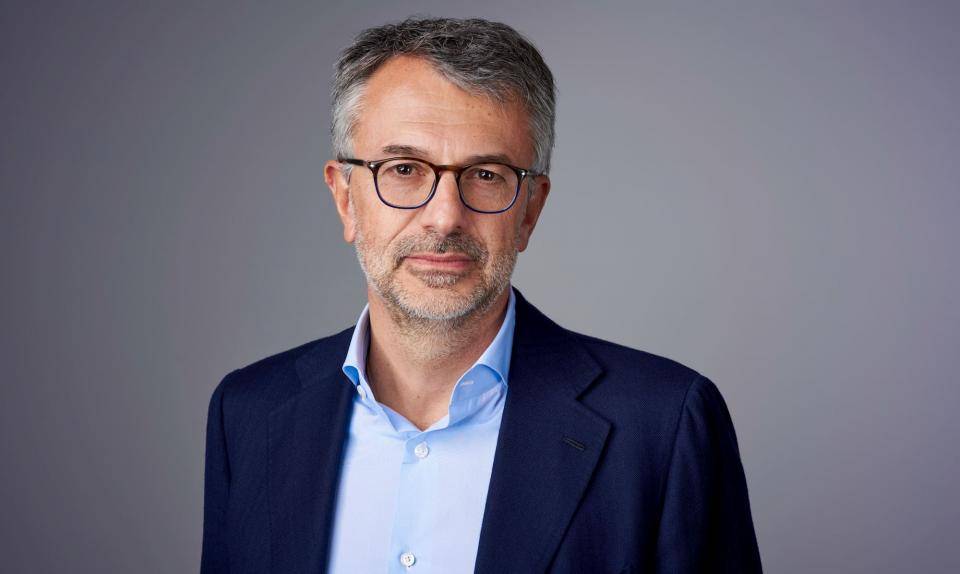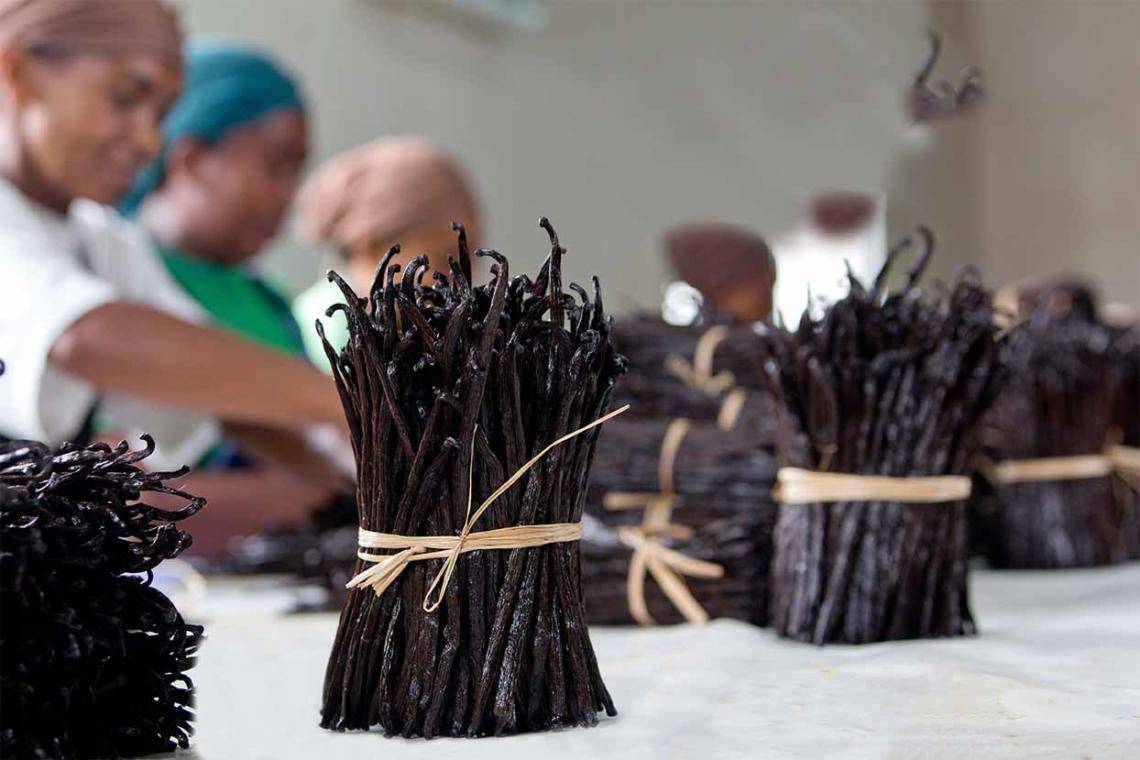Our journey towards 100% sustainable chocolate
Our journey towards 100% sustainable chocolate

Massimo, Barry Callebaut’s ambition under its Forever Chocolate plan is to source all of its ingredients sustainably. What are the key commodities we are talking about besides cocoa?
We source a wide range of ingredients, including dairy, palm oil, coconut oil, soy lecithin, vanilla, cane sugar, beet sugar and nuts for our chocolate products. The complexity of the sourcing of these ingredients is quite diverse as each of these raw materials has its own supply chain that can often vary across different geographical regions.
This means, we are dealing with individual ingredients which have individual supply chain challenges, so you can appreciate the complexity of the challenges we face. It is critical that for the sustainable sourcing of raw materials, establishing common industry standards on sustainability is key.
…what about dairy? Achieving sustainable dairy production is a big challenge, so how is Barry Callebaut addressing this?
It is indeed a big challenge. This is why we are a member of industry platforms such as the Sustainable Agriculture Initiative Platform (SAI) and part of the Dairy Working Group. Also Barry Callebaut established the VisionDairy program to develop a Dairy Sustainability Charter, the aim of which is to set a global benchmark for sustainable dairy production. In 2018/19, we collected a first set of outcome measures from suppliers and continued to expand VisionDairy by benchmarking it against some of our suppliers’ sustainability programs in order to streamline data collection and reporting processes.
We have reached a milestone this year, sourcing over 50% of all our raw materials from sustainable sources.

…it sounds like you are focussing on standard setting?
Not only! We are also working directly with farmers too. For example, if you look at our work with vanilla farmers in Madagascar, which we started in 2016. Here we have been working with Prova, a premier manufacturer of vanilla extracts and flavors, on an initiative to diversify vanilla farmer incomes through the introduction of cocoa farming. By combining the two crops, cocoa can be harvested throughout the year, diversifying farmer’s income. Barry Callebaut has committed to purchasing the cocoa, which is critical to encouraging farmer motivation. By seeing the financial potential generated by the new crop, it also supports farmer entrepreneurship.
What guarantees that your commodities have been sourced according to sustainability criteria?
Traceability is key. You need to know where your ingredients are coming from. In terms of Forever Chocolate, farm mapping has been our key source of data information, with the additional benefit of strengthening our traceability capacity, and we apply a similar data driven approach for all other ingredients which we source besides cocoa. To demonstrate our ingredients are free from deforestation, we have created a heat map to provide an overview of areas where sourcing agricultural raw materials has a high risk of causing deforestation.
We are working with suppliers, certification and sustainability programs and to establish the traceability of these materials.

In contrast to cocoa, you are not buying directly from farmers. How do you get suppliers to go along with our Forever Chocolate ambitions?
Establishing close relationships with suppliers is important. Our supplier code is publicly available on our corporate website and details our expectations towards suppliers with regards to compliance with laws and regulations, human rights and environmental impact. The Supplier Code also contains mandatory requirements that we expect all our suppliers to comply with as well as guidance for continuous improvement that helps suppliers to further improve beyond the minimum requirements. The Supplier Code is shared with and needs to be acknowledged by all our suppliers.
How confident are you to reach the goal of 100% sustainable ingredients by 2025?
We have reached a milestone this year, sourcing over 50% of all our raw materials from sustainable sources. This includes 47% of sustainably sourced cocoa beans and 54% of non-cocoa raw materials.
However, we do recognize that we still have many challenges to reach our 100% goal. Our solution is to continue as we have done, by leveraging the power of partnerships with industry and NGOs and by creating the movement by enlisting the collective capacity of our buyer network to build sustainability into ingredient sourcing strategies.
On December 4, 2019, Barry Callebaut will publish its Forever Chocolate Progress Report 2018/19, the third progress report since the launch of its Forever Chocolate plan in 2016, tracking the Group’s progress towards making sustainable chocolate the norm.

